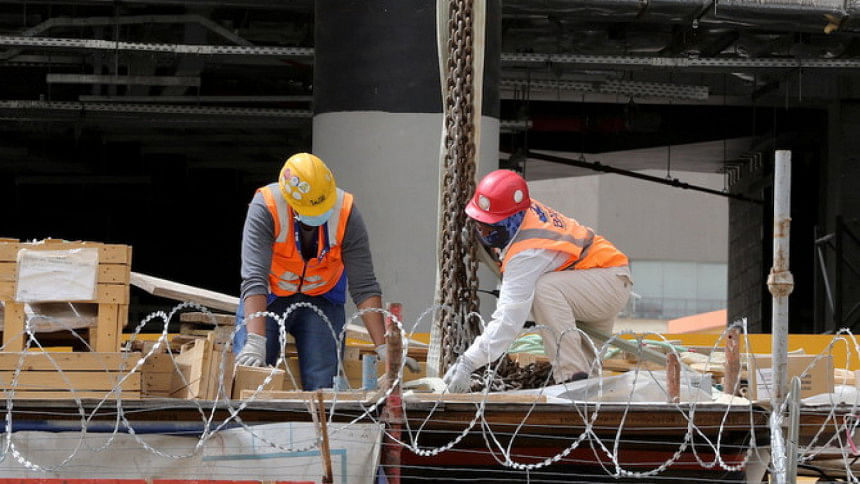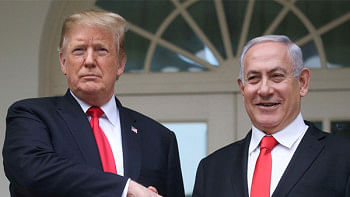Towards a better migration governance in Bangladesh

The unprecedented pace of change during recent years in geopolitical, environmental, and technological spheres has impacted the migration patterns and dynamics at the global scale. The global emerging realities due to conflicts, climate change and demographics of many societies have forced us to think beyond our comfort zones and come up with innovative solutions. Migration can be seen as one of the potential solutions for different global challenges, provided it is managed effectively, with due consideration for the rights and well-being of migrants. This perspective is substantiated by the myriad benefits migration brings, including the augmentation of skills, reinforcement of the labour force, increased investment, and the enrichment of cultural diversity.
In this regard, Bangladesh, which is the sixth-largest migrant sending country, emerges as a symbol of optimism and resilience, providing innovative solutions through strategic migration programming. In the context of Bangladesh, migration is not just a movement of people but an integral part of the solution to pressing national issues. Bangladesh, as the birthplace of the Global Compact for Safe, Orderly and Regular Migration (GCM), has shown strong commitment to adhering to its principles and values and has been identified as one of the GCM champion countries. As the champion country, equipped with a holistic country-specific Migration Governance Framework, Bangladesh has designed and implemented comprehensive migration programmes contributing to creating models of solutions for various development challenges nationally.
In recent years, the Government of Bangladesh has taken some major policy and regulatory initiatives for better migration governance, such as revision of the Overseas Employment and Migration Act (OEMA), National Reintegration Policy, and National Diaspora Policy. The National Reintegration Policy aims at supporting the rights and well-being of returned migrants and their families with economic, social, and psycho-social assistance, and bringing in transformative changes in the governance structure. Recognising the need to provide a platform for the vibrant Bangladeshi diaspora, the National Diaspora Policy aims at fostering engagement by creating a bridge that connects Bangladesh to a global network of expertise, resources, and opportunities. This engagement can be instrumental in advancing the interests of the nation by fostering cultural exchange.
Climate migration and adaptation are also integral components of the country's agenda. It is a testament that it is at the core of the migration agenda, as we have recently witnessed Prime Minister Sheikh Hasina receiving the Asia Climate Mobility Champion Leader Award 2023 for her efforts in addressing the human mobility aspects of climate change.
Despite these positive initiatives and achievements, Bangladesh is grappling with various migration and mobility-related challenges. Climate-induced human mobility and centralisation of economic and social opportunities have contributed to a high rate of urbanisation, resulting in huge pressure on urban infrastructure and services. Low- and semi-skilled migration leads to incidence of exploitation of the migrant workers in destination countries. Limited decentralisation of migration services has resulted in informal and irregular migration services.
Addressing these challenges requires a comprehensive and coordinated approach involving the government, civil society, international organisations, and the private sector. As the coordinator of the Bangladesh UN Network on Migration, I remain committed to advancing the positive narrative that migration is not just a phenomenon to be managed, but a force that, when harnessed appropriately, can yield substantial advantages. I am confident that Bangladesh, with effective migration governance and resilient people, will stand as a beacon, inspiring other nations to unite in leveraging the power of migration for a brighter, shared future.
Abdusattor Esoev is chief of mission of the International Organization of Migration (IOM) in Bangladesh.
Views expressed in this article are the author's own.
Follow The Daily Star Opinion on Facebook for the latest opinions, commentaries and analyses by experts and professionals. To contribute your article or letter to The Daily Star Opinion, see our guidelines for submission.


 For all latest news, follow The Daily Star's Google News channel.
For all latest news, follow The Daily Star's Google News channel. 









Comments